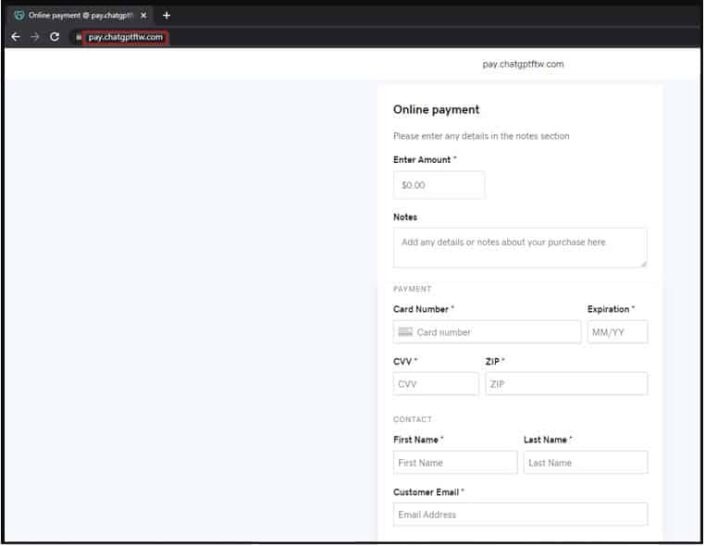Security warning: How to spot fake ChatGPT apps hiding malware

Unless you’ve lived under a rock for a few months, you know about ChatGPT. It’s an artificial intelligence-powered chatbot that can write anything from a speech to a fictional TV episode from your favorite series. Tap or click here for everything you need to know.
ChatGPT was made available in November 2022 and already had over 100 million users in just a few months. You know what that type of popularity means. Yep, cybercriminals are jumping on the bandwagon and creating fake apps to find victims looking for ChatGPT tools.
Read on to see how criminals target you with malware and surefire ways to stay protected.
Criminals using fake ChatGPT apps to spread malware
As the popularity of ChatGPT has grown, so has the number of counterfeit ChatGPT apps being developed and distributed. These fake apps are often designed to hide malware that can infect your devices and steal sensitive information.
Security researcher Dominic Alvieri has discovered several fake ChatGPT apps and posted some of his findings on Twitter. Here’s one example.
Google first page Chat GPT Google Play Store fake apps.
— Dominic Alvieri (@AlvieriD) February 13, 2023
Google search item apps 3 & 4 removed from the Google Play Store including fake Chat GPT Smart AI Chatbot…@Google @OpenAI @Microsoft pic.twitter.com/Ul3wbNpAPD
It’s not just app stores that you need to worry about, either. Security company Cyble posted a blog about fake social media pages and websites created to steal your credentials. The company spotted a couple of Facebook pages that were spoofing ChatGPT to make them look official.
Cyble even came across a fake payment portal that would allegedly accept payment for you to upgrade to ChatGPT Plus. Here’s what it looks like:

The web address for the phony payment portal is pay.chatgptftw.com. But don’t buy it! If you enter payment details into this site, you’re handing over sensitive banking information to criminals.
With the popularity of ChatGPT, you need to be careful when searching for related products. While there are official ChatGPT collaborations, like Google adding it to its Slides program, you must be vigilant to steer clear of the fakes. Fortunately, there are red flags to watch for.
How to avoid falling victim to fake ChatGPT apps and sites
Keep the following in mind when trying out any app:
- Stick with official sources: One of the first things to look out for when spotting a fake app is the source of the app. If you download an app from a third-party website or untrusted source, it is more likely to be fake or infected with malware.
- It is best to always download apps from official app stores such as Google Play Store or Apple App Store, as they have strict security measures to prevent fake or malicious apps from being published. Even though some malicious apps make it past security, you’re safer sticking with official app stores.
- Pay attention to reviews: Another way to spot a fake app is to look at its description and reviews. If the app has poor grammar or spelling mistakes, it could be a sign that the app is fake.
- Also, take it as a warning sign if the app has very few or only positive reviews. Real apps typically have a mixture of positive and negative reviews, while fake apps may have only positive or obviously fake reviews.
- Here is the key to avoiding fake ChatGPT apps: Currently, ChatGPT is solely an online tool found at chat.openai.com. If you find an ad, online search result, Facebook page or website claiming to offer mobile or desktop apps for ChatGPT, they are scams!
Keep reading
Ways to make money with ChatGPT
Google has revealed more details on Bard, its answer to ChatGPT
Tags: AI (artificial intelligence), Apple, apps, Chat, chatbot, counterfeit, Credentials, cybercriminals, fake apps, Google, Google Gemini, malware, online tool, red flags, reviews, scams, security, sensitive information, social media, websites
